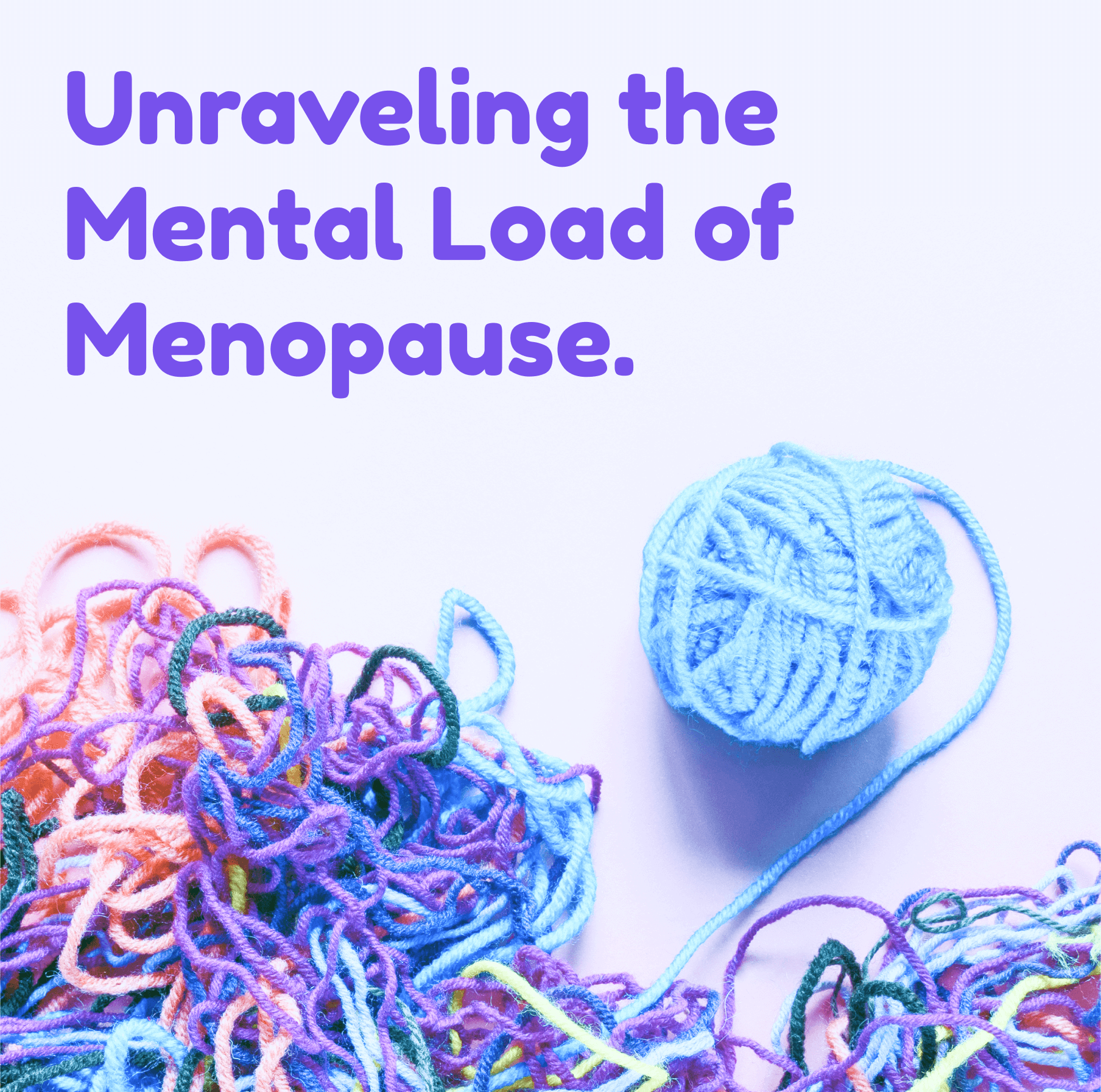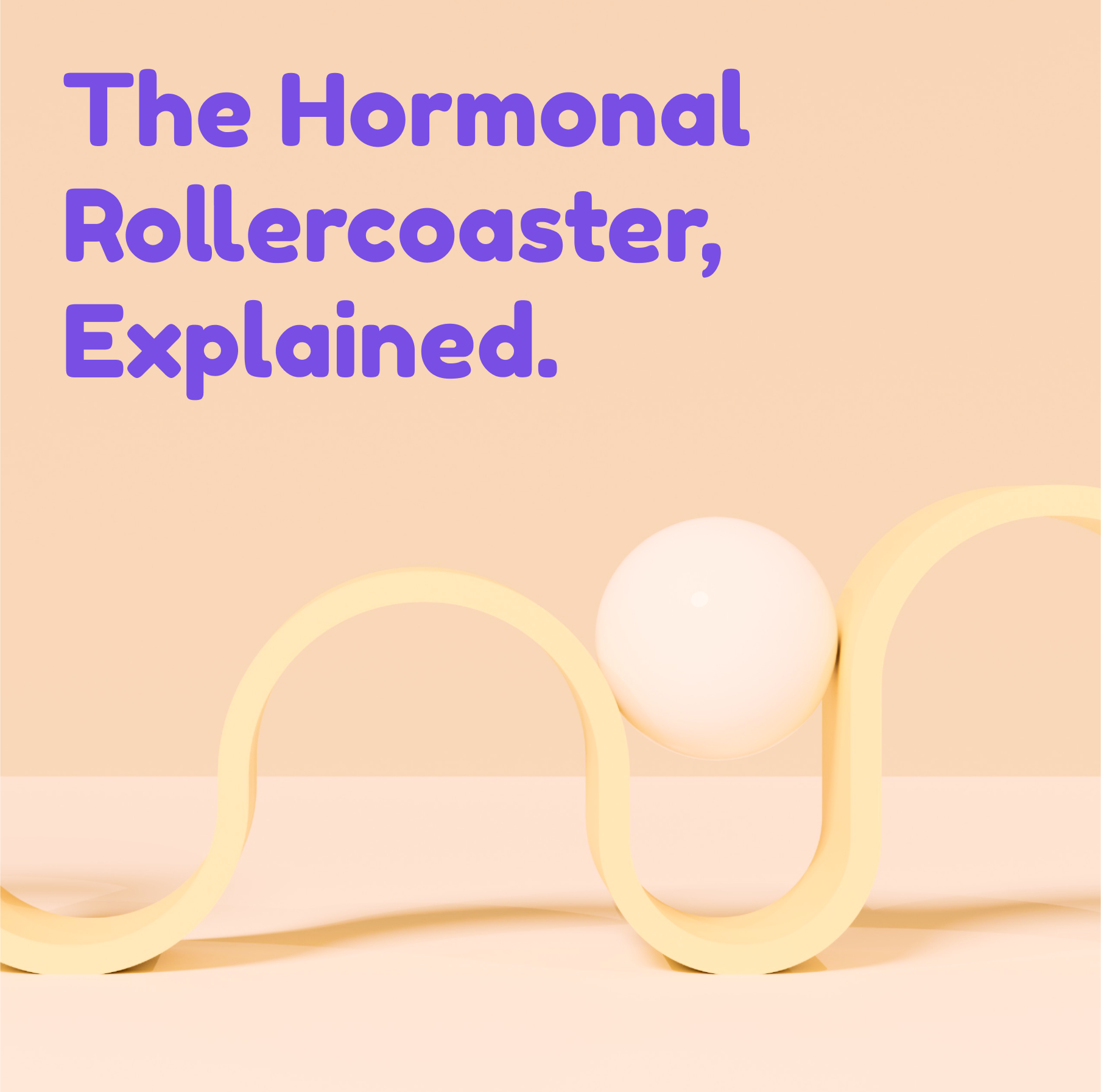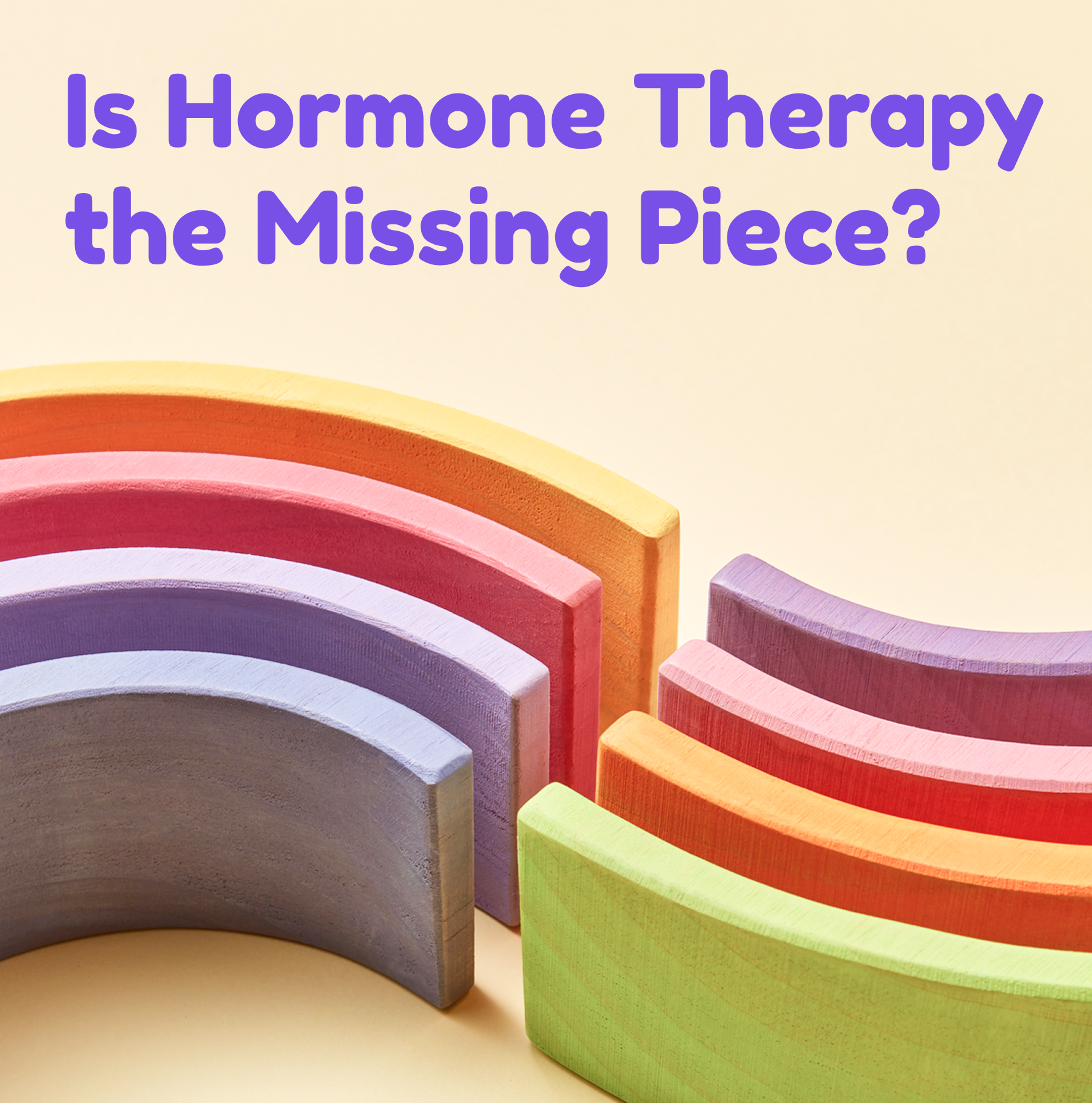
Menopause and Mental Health
Many women find themselves at a crossroads during midlife when the body begins its natural transformation. Menopause is not just about physical changes—its effects often extend to our emotional well-being. In this article, we’ll explore the complex relationship between menopause and mental health, share relatable anecdotes, and offer practical tips to help you navigate this transformative stage with resilience and a touch of lighthearted optimism.
Got questions? Ask Noor.
Understanding the Menopausal Transition
The menopausal transition is a period when hormonal fluctuations trigger a variety of changes in the body and mind. Many women experience vasomotor symptoms like hot flashes and sleep disturbances, which can lead to difficulty sleeping and affect overall emotional health. Although these changes are a common symptom of menopause, they can also influence mental health issues such as anxiety and depressive symptoms.
During this period, perimenopausal women often face a dual challenge: adjusting to physical changes while coping with the impact on their daily life. The shifting levels of estrogen and progesterone are linked with mood swings, irritability, and even an increased risk for depression. It’s important to remember that not every woman will experience major depression or a full-blown depressive episode—most mood changes are more modest and temporary.
The Emotional Roller Coaster
Many women feel as though they’re riding an emotional roller coaster during menopause. One day, you might feel on top of the world, and the next, even routine tasks seem overwhelming. This turbulent phase can feel stressful, especially when added to other life challenges such as caring for family, maintaining a career, or managing relationships.
Imagine waking up to a warm rush of a hot flash in the middle of the night, only to find that the sleep disturbance leaves you tired and irritable the next day. These experiences can create a sense of being unbalanced. However, understanding that these emotional ups and downs are closely tied to hormonal changes may help ease the anxiety about feeling “off.” This awareness can be empowering, reminding you that you’re not alone and that these changes are a natural part of the menopausal transition.
Balancing Physical and Mental Health
Menopause and mental health are closely intertwined—what affects your physical state often impacts your emotional well-being. Research shows that the same hormonal shifts that cause common menopausal symptoms, such as hot flashes and sleep disturbances, may also lead to mental health issues like depressive symptoms and anxiety. Even if you have a history of mental health challenges, knowing that these feelings can be amplified during this period can help you approach your emotions with greater understanding and self-compassion.
Understanding the connection between physical and mental health is key. As you experience changes like difficulty sleeping or vasomotor symptoms, try to view them as signals from your body rather than a personal failing. This perspective can inspire proactive strategies to improve both your physical and emotional well-being.
Practical Tips for Managing Menopausal Changes
While the menopausal transition may feel overwhelming at times, there are several practical tips to help manage both physical and mental health challenges:
Monitor Your Mood: Keep a journal to track mood swings, sleep quality, and any stressful life events. Recognizing patterns can help you identify triggers and discuss them with your healthcare provider.
Prioritize Sleep: Establish a regular bedtime routine to reduce sleep disturbances. Techniques such as deep breathing or gentle stretching before bed can ease the transition into restful sleep.
Exercise Regularly: Physical activity not only improves cardiovascular health but also releases endorphins, boosting emotional health and easing depressive symptoms.
Eat a Balanced Diet: Focus on a diet rich in whole grains, fruits, vegetables, and lean proteins. Certain foods may help ease menopausal symptoms and lower the risk of depression.
Practice Mindfulness and Relaxation: Techniques such as yoga, meditation, or even short walks in nature can reduce stress and promote overall mental well-being.
Remember that Menopausal Hormone Therapy Can Help: Women experiencing menopausal mental health challenges are sometimes prescribed SSRI medications to mitigate symptoms of depression or anxiety or even hot flashes. That said, that may not be the best way to address the hormonal root cause of symptoms. For that, individualized hormonal replacement therapy can also be an effective and more holistic means of improving menopausal mental health and quality of life. Discuss these options with your healthcare provider knowing they can help, too.
Navigating Mental Health Issues
It’s not uncommon for women to face mental health issues during menopause. Alongside common menopausal symptoms, some women may experience a depressive episode—especially if there is a history of mental health challenges. Recognize when these feelings are part of the menopausal transition and when they might signal something more serious.
Be mindful of signs such as prolonged sadness, significant changes in appetite, or persistent anxiety. If these depressive symptoms persist, it might be wise to seek professional guidance. Remember, seeking help is not a sign of weakness but an essential step in caring for your emotional health during a stressful phase.
Embracing a Supportive Community
One of the most powerful tools for managing the emotional ups and downs of menopause is connecting with others. Whether you share experiences with friends, join a support group, or speak with a mental health professional, knowing that you are not alone can make a huge difference.
Sharing stories and practical advice can validate your feelings and help you realize that many women experience similar challenges. A supportive network not only provides comfort but also opens the door to new coping strategies that can improve both your physical and mental health.
Taking Control of Your Journey
The journey through menopause and mental health changes doesn’t have to be a lonely road. By equipping yourself with information and practical strategies, you can take proactive steps toward managing your emotional well-being. Consider these additional tips:
Set Realistic Goals: Small, achievable goals—like a daily walk or picking up a new hobby—can boost self-confidence and help combat feelings of hopelessness.
Celebrate Small Wins: Each day you manage your symptoms or overcome a challenge is a victory. Recognize and celebrate these moments.
Educate Yourself: Understanding that menopause is both a physical and mental transition can empower you to make informed decisions about your health.
Looking to the Future with Optimism
While menopause can feel like a storm of hormonal changes and emotional challenges, it is also a natural phase of life that offers opportunities for growth, renewed self-awareness, and empowerment. Approaching menopause with a sense of humor and compassion can help lighten even the heaviest moments. Remember that this transition, while challenging, is just one chapter in your life story.
By focusing on strategies that improve sleep quality, manage stress, and foster community, you can navigate the menopausal transition with grace. The key is to be kind to yourself, celebrate every small improvement, and remember that you are resilient. Your emotional health matters just as much as your physical health, and nurturing both will help you thrive in this new stage of life.
In Conclusion
The interplay between menopause and mental health is complex, with hormonal fluctuations influencing both physical symptoms and emotional well-being. While many women experience mood swings, sleep disturbances, and other challenges during the menopausal transition, there are plenty of strategies and clinical solutions available to help manage these changes.
Whether you’re dealing with hot flashes, difficulty sleeping, or moments of anxiety, know that these experiences are a part of your unique journey. Embrace the changes with self-compassion, seek support when needed, and celebrate the strength that comes with navigating life’s transitions. Menopause is not just an ending—it’s also the beginning of a new chapter filled with opportunity, growth, and renewed vitality.
Stay informed, stay connected, and remember: you are not alone on this journey and you don’t have to suffer through it. With the right tools and a supportive community, you can take control of your health and transform challenges into stepping stones toward a brighter future.



